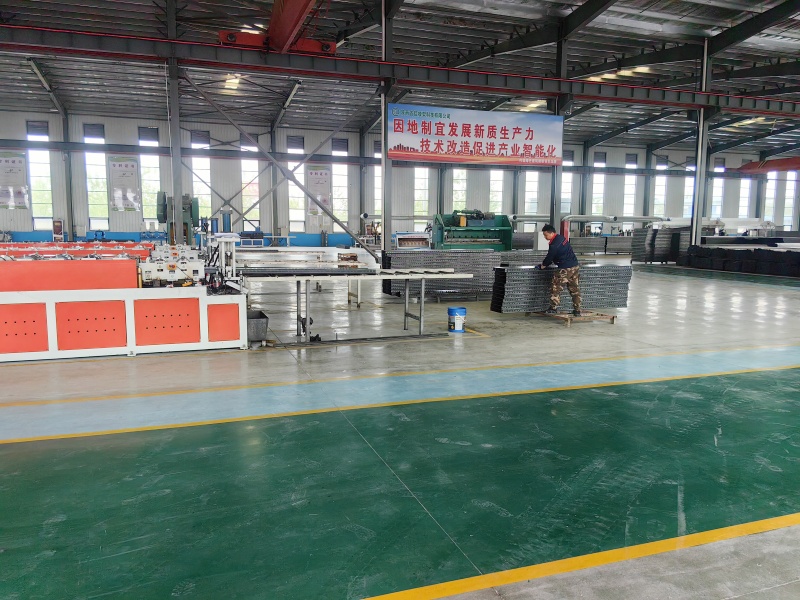Hotline
+86-136 8495 9862
Email:cennia@szmizhi.com
Add::104,Building 27,Third Industrial Zone, Longxi Community,Longgang District,Shenzhen,China.
Coil Forming & Handling Equipment
Surface Treatment Equipment
Solutions
Application
About Us

Welcome to MIZHI
For consultation/feedback, please call the service hotline: +86-136 8495 9862 Email:cennia@szmizhi.com

Aluminium roll forming is a highly efficient and versatile manufacturing process that has gained significant popularity in various industries. This technique offers numerous advantages, making it an ideal choice for producing a wide range of aluminium products.
The process of aluminium roll forming begins with the selection of high-quality aluminium coils. These coils are typically made from alloys that possess specific properties such as strength, durability, and corrosion resistance. The choice of alloy depends on the end application of the formed product.
Once the appropriate aluminium coil is selected, it is fed into a roll forming machine. The roll forming machine consists of a series of rollers that are arranged in a specific configuration. As the aluminium coil passes through these rollers, it is gradually shaped into the desired profile.
The rollers in a roll forming machine are designed to apply pressure to the aluminium coil in a controlled manner. This pressure causes the aluminium to bend and take on the shape of the rollers. The rollers can be adjusted to produce different profiles, allowing for the creation of a wide variety of aluminium products.
One of the key advantages of aluminium roll forming is its ability to produce complex shapes with high precision. The process allows for the creation of profiles with tight tolerances, ensuring consistent quality and dimensional accuracy. This is particularly important in applications where fit and function are critical, such as in the construction of building components or automotive parts.

Another advantage of aluminium roll forming is its high production efficiency. The process is continuous, meaning that products can be produced at a rapid rate. This makes it an ideal choice for large-scale production runs, where high volumes of products are required.
In addition to its precision and efficiency, aluminium roll forming also offers cost savings compared to other manufacturing methods. The process requires less material waste, as the aluminium coil is formed into the desired shape without the need for extensive machining or cutting. This reduces material costs and minimizes waste disposal expenses.
Aluminium roll forming is also a environmentally friendly manufacturing process. The use of aluminium, a recyclable material, reduces the environmental impact of production. Additionally, the process itself generates less waste compared to other manufacturing methods, further contributing to a more sustainable manufacturing approach.
The applications of aluminium roll forming are vast and diverse. In the construction industry, aluminium roll-formed products are used for roofing, siding, and decking. These products offer durability, weather resistance, and aesthetic appeal. In the automotive industry, aluminium roll forming is used to produce body panels, structural components, and trim parts. The lightweight nature of aluminium helps to improve fuel efficiency and reduce emissions.
In the electrical and electronics industry, aluminium roll-formed parts are used for enclosures, heat sinks, and brackets. The good electrical conductivity and thermal management properties of aluminium make it an ideal material for these applications. Additionally, aluminium roll forming is used in the furniture industry for producing frames, legs, and decorative elements.
To ensure the quality of aluminium roll-formed products, strict quality control measures are implemented throughout the manufacturing process. This includes inspection of the aluminium coil for defects, monitoring of the roll forming process for dimensional accuracy, and performing final inspections to ensure compliance with specifications.
In conclusion, aluminium roll forming is a highly efficient, precise, and cost-effective manufacturing process with a wide range of applications. Its ability to produce complex shapes with high precision, combined with its environmental benefits and cost savings, make it an attractive option for many industries. As technology continues to advance, the capabilities of aluminium roll forming are likely to expand further, opening up new opportunities for innovation and growth.